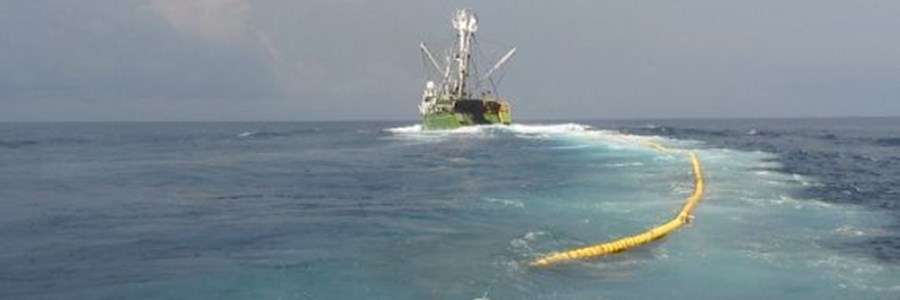Europêche supports strengthening ICCAT’s surveillance, monitoring and control measures for a better management of tropical tunas

The International Commission for the conservation of Atlantic Tunas (ICCAT) is holding its 24th extraordinary meeting in New Cairo, Egypt, from November 13th to 20th. Tropical tuna management, bigeye tuna allocation and FAD measures will concentrate the attention.
Bigeye catches in ICCAT have decreased in recent years, being now close to the current Total Allowable Catch (TAC) of 62000 tons. According to the ICCAT’s Scientific Committee (Standing Committee on Research and Statistics or SCRS), there is room for an increase. This increase would give the opportunity to attribute additional catch limits to developing countries.
Anne-France Mattlet, director of Europêche Tuna Group, indicates: “In the last few years, the European purse seine fleet has contributed its fair share to significantly reducing fishing effort. We hope this will be reflected in the upcoming quota allocation negotiation, not to add additional burden to vessels under EU flag.”
Proposals on the table also include at-sea transhipment limitations and the strengthening of the regional observer programme, both supported by the EU fleet. However, ICCAT will debate controversial FAD measures.
Mattlet concludes: “Implementing a clear calendar towards FAD full biodegradability, based on the same model that IATTC, is a very good initiative, which we support. However, any other new technical measure on FADs, which are already closely managed, would add unnecessary burden to the European purse seine fleet, which scrupulously applies all EU control rules, including VMS, logbook transmission and catches traceability, and which observer coverage is of 100%. First, a minimum level playing field must be achieved with other fleets, including non-European tuna purse seiners. For now, even the total number of purse seiners in operation is not clear and the whereabouts of many vessels, mainly tuna longliners, are unknown. ICCAT should progressively move to step up monitoring of the number of vessels, regional VMS, and then think about other types of registries that refer to devices used by vessels.”
ENDS
Press contacts:
Daniel Voces, Managing Director of Europêche: +32 2 230 48 48 daniel.voces@europeche.org
Anne-France Mattlet, Europêche Tuna Group Director: anne-france.mattlet@europeche.org
Attachments:
Tags: tuna, iccat, FAD